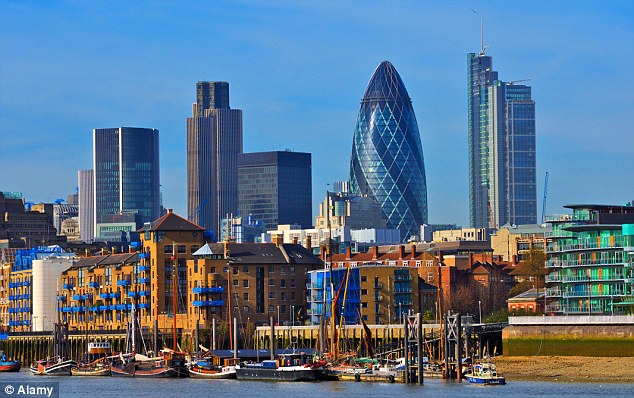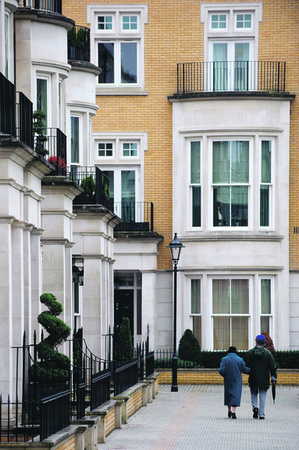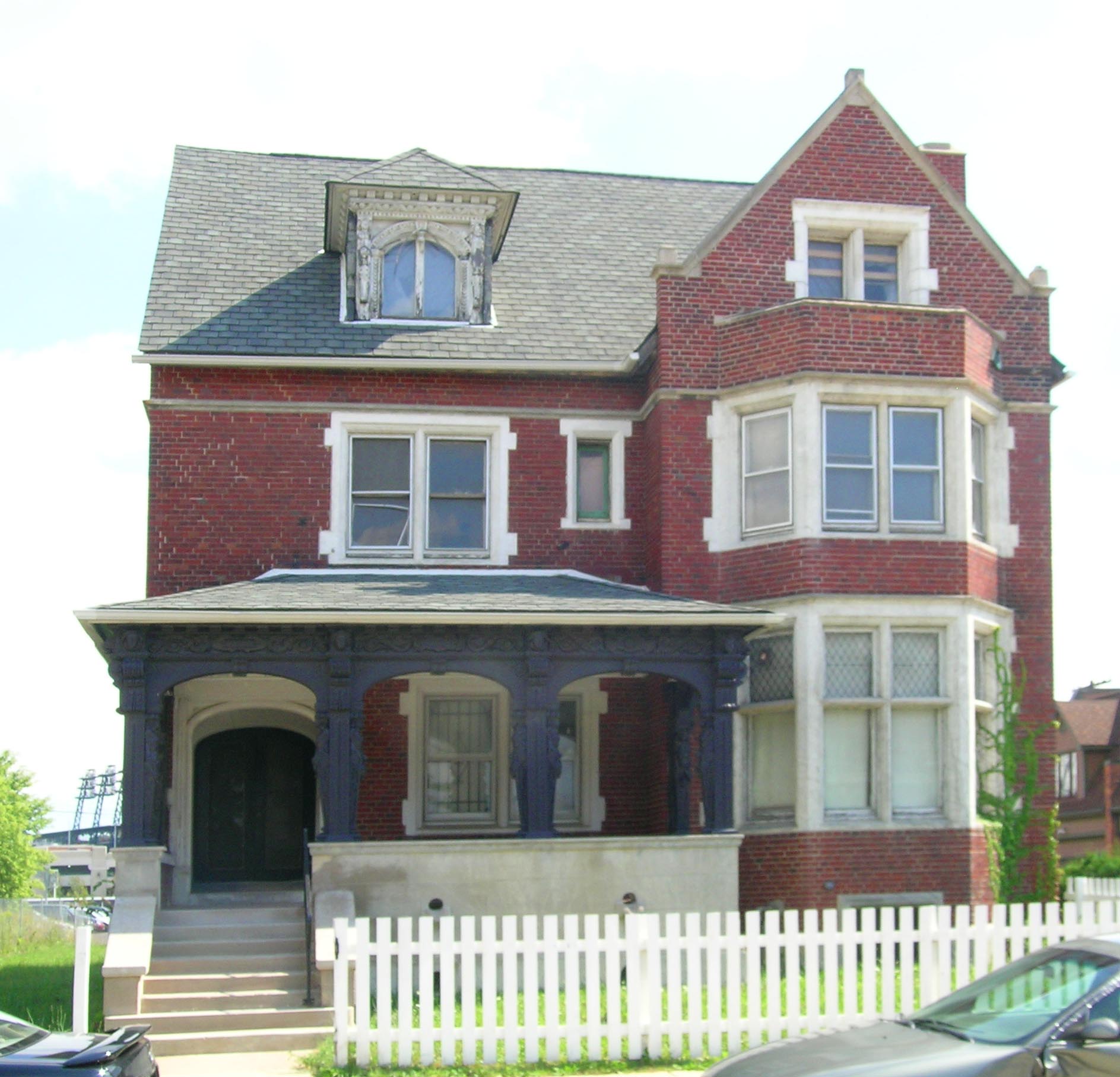615: Young People - Do I Stand A Chance of Owning a Home
02-26-2018
PropertyInvesting.net team
In the last 20 years house prices have risen 152% in value whilst the incomes of the middle 20% of 25-35 years old has risen only 22%. This is the key reason why house ownership among the 25-35 years olds has plummeted from 63% in 1997 to 25% in 20 years. We can certainly understand how frustrating this is for young people – looking ever more likely to lead to a depressing lifetime of renting. There are many socio-economic contributors to the lack of young people being able to or wanting to own a property, namely:
Financial
- Huge 20% deposits for first time buyers (used to be 5% or even no deposit around 25 years ago).
- High fees for solicitors, banks and estate agents
- High stamp duty taxes
- High moving costs
- Increased risk of loss of money from a failed attempt at buying a property with more onerous bank lending conditions
- Difficulty getting a mortgage – regulations and paperwork onerous and rejection by banks ever more likely now prices are high compared with when they were low and rising (and therefore lower risk)
Societal
- Very little education in finances, business and risk taking – paternalistic upbringing –
 means many young people are not financial astute and/or motivated and do not want to risk entering the house purchase market for fear of losing money, particularly now that prices are high and costs are high
means many young people are not financial astute and/or motivated and do not want to risk entering the house purchase market for fear of losing money, particularly now that prices are high and costs are high
- High student debts encourage young people to pay these off before buying a property – these large debts hang over them and can even create a defeatist attitude or feeling “I’ll never be able to afford to buy a place because I’ve already got huge debts”
- Many young people – wrapped up in the social media Facebook/Instagram/Twitter world – have pressure to spend money on other things like expensive foreign holidays, clothes, expensive meals, coffee-drinks, looking good – more superficial things - deposable income is spent on these rather than saving to buy a property which some might consider either boring or "the thing older people do"
Structural
- Lack of home building – particularly in low priced homes
- Building regulations and planning make building new homes very expensive and onero
 us – risks/costs are so high that this gets transferred to the buyer – driving prices up
us – risks/costs are so high that this gets transferred to the buyer – driving prices up
- Older people tend to cling onto their properties – in the hope of passing down to their offspring through inheritance
- Older home owners that move often buy another home then rent their old one out – becoming buy-to-let landlord – and indirectly keeping lower priced homes off the market
- As the retirement age increases, older people are working longer. Some of the highest paid jobs are being held-retained by older people between the age of 55 and 65 years old – younger people are not moving up the “career ladder” into higher paid jobs as fast these days
- A flood of young low skilled workers – mainly from mainland Europe - have kept a lid on wage rises for the young – indigenous young British people are competing with often highly motivates young mainland Europeans that will work for less – meaning young people’s wages are not rising as fast as they would normally and lacking well behind house prices increases
- There are very few professional high paid career jobs available for the young – the so called “graduate entry business recruitment” and “civil service graduate entry” compared to 20 years ago.
- Steady salaried jobs for the young are now few and far between - many young people work casually on zero hours contracts, many jobs, and this does not translate well when assessed for bank financing since the income is not very secure
- 40 years ago only 5% of people went to University and came out with no student debts – now 50% go to University and all come out with huge student debts – up to £50,000.
- The whole system means the employment opportunities to earn a good steady wage for young people has evaporated and their chances of accesses finance to buy a property – particularly in southern England is poor – unless they have wealthy parents.
- The average cost of a wedding is now £25,000 - an huge amount compared with abou
 t £5000 25 years ago - young people instead of saving for a house save for a wedding - an event that lasts a day and has not asset value or investment growth potential.
t £5000 25 years ago - young people instead of saving for a house save for a wedding - an event that lasts a day and has not asset value or investment growth potential.
Need A Leg Up: What we will find in coming years is that – particularly in London – young people will be ever more reliant on a leg up from their parents to be able to buy a property. Of course – if you have wealthy and generous parents, particualry those wanting to avoid inheritance tax buy gifting to either siblings or granddaughters-sons, you will be okay, but if you have poor renting parents that are also not encouraging you take any risks – your chance of buying a home before the age of 40 in southern England will be minimal.
Inflation All The Way: We envisage house prices to continue to rise as the value of Sterling drops and inflation continues in the range 3-5% per annum. Brexit will mean more inflation – the Bank of England may need to pump more printed currency into the economy to prevent a recession or financial collapse – and they will try and keep interest rates low to encourage businesses to invest and to prop up house prices. But these two things will continue to put pressure on inflation – particularly as oil prices rise. Even if house price inflation lags general inflation – it will still mean property ownership getting further out of reach of young people – the trend is set to worsen. Even the Buy-to-Let ISA, Help-to-Buy schemes and other initiates – including clobbering buy-to-let landlords with punitive-draconian taxes have not really helped the young – saddled with huge student debts, low earnings and poor earning growth prospects.
financial collapse – and they will try and keep interest rates low to encourage businesses to invest and to prop up house prices. But these two things will continue to put pressure on inflation – particularly as oil prices rise. Even if house price inflation lags general inflation – it will still mean property ownership getting further out of reach of young people – the trend is set to worsen. Even the Buy-to-Let ISA, Help-to-Buy schemes and other initiates – including clobbering buy-to-let landlords with punitive-draconian taxes have not really helped the young – saddled with huge student debts, low earnings and poor earning growth prospects.
Our Steer for the Young – who are desparate to own their own property is as follows:
- Save as much as possible – don’t pay down the student debt – create as big a cash pile as possible as soon as possible - even if you have to borrow from your parents or grandparents
- Try and not be too picky with where you want to live – for instance – if you work in Central London and your friends all live in Fulham or Clapham (in rented accommodation) you don't have to move there. If you buy a place, it will have to be somewhere like New Cross, Woolwich or Forest Gate instead. You cant expect to live in the nicest places in London when you are young! Your Facebook page can at least show you are a “owned home” rather than being a "renter" livin
 g in a West London property owned by someone else. It's your choice, buy in a cheaper area or rent in an expensive area.
g in a West London property owned by someone else. It's your choice, buy in a cheaper area or rent in an expensive area.
- Be prepared to start out owning a small studio flat – you cant expect to own a house straight away – you have to work your way up the property ladder-market over a number of years by building up equity in each property you own - you can renovate as you go along adding value on each move
- Look into whether the Help to Buy scheme can help you raise the deposit required to buy a new home
- Consider shared ownership schemes – albeit our steer is to try your hardest to achieve 100% ownership of a home – even if it’s the lowest cost ex-council studio flat in New Cross for example. Try and not go 50/50 with a partner - because you might fall out with them and need to fire sale the property at a loss
- Consider trying to buy a two double bedroom flat in a lower priced area – then renting out a room to a friend – a lodger (or two people sharing a room). If you buy a 3 bedroom flat then rent out two rooms to two separate lodgers (this is allowed by most mortgage companies) – then your income will sky-rocket and you will probably find that the two lodgers pay your mortgage for you and you will be able to save money straight away for the next property. Do the mathematics – and you will be astounded at how good this is for your finances – very lucrative in all areas. It may convince you to save hard to buy a property – and you can live with your friends – make sure they have lodger contracts (NOT assured shorthold tenancy agreements, this would be in bre
 ach of your residential mortgage). As an aside, lodgers only need a few days notice before you can evict them – so if you “fall out” with a lodger – you don’t have to worry too much – you can simple ask them to leave – give them a few weeks may be if you want to be nice. So if they start smoking in your house, taking drugs, drinking too much, being rude, not helping with the housework and/or start shacking up with their lover in your home – then you can simply show them the door.
ach of your residential mortgage). As an aside, lodgers only need a few days notice before you can evict them – so if you “fall out” with a lodger – you don’t have to worry too much – you can simple ask them to leave – give them a few weeks may be if you want to be nice. So if they start smoking in your house, taking drugs, drinking too much, being rude, not helping with the housework and/or start shacking up with their lover in your home – then you can simply show them the door.
- For all the youngsters, the same tenets apply today as 30 years ago with regard to buying a property – so in 50 years time you will be so pleased we think that you took the plunge
- Britain will always have inflation – on average – running at around 2% higher per annum than mainland Europe – and this always feeds into house prices
- Its never been easy to buy a property – particularly in London
- Save as much as you can, don’t focus on paying down your student debts
- Avoid going on expensive holidays – avoid Facebook-Instagram and the pressures of “looking good” – instead focus on owning a property that is frankly far more prestigious than having a nice fancy Facebook profile
- If you want to attract a partner – then owning a property is a great way to start -rather than going on expensive holidays or owning a sports car
- Cut out things like expensive cloths, buying expensive coffee every day, expensive meals – take you own food into work – quietly buy nice clothes in charity shops – try and show high self esteem and don’t go around telling everyone you are a skin flint – they probably won notice anyway
- Look forward and aim to have at least one lodger to dramatically boost your income – then you can go on expensive holidays later with the proceeds
Other Lifestyle Things That Help:
- Avoid drinking too much, taking drugs (whether recreational or asking unnecessarily for prescribed drugs)
- Focus on doing a really great job at work – keeping your job – impressing at work and being a nice work person – a team player to all those around you – you will need to keep your job safe to pay your mortgage – then add value as property prices rise, your asset value rises and your rental income from lodgers increases
Eventually – you will look back at your friends who spent all day on Facebook trying to polish up their profiles with expensive holidays snaps – quietly content that you are super wealthy asset rich in control of your financial destiny and making serious money from lodgers or even a small buy-to-let empire if you expand your interests. You need to be positive, save, invest, not be defeatist and find a way to buy a property by all means possible - get creative - and you will surprize yourself with how you achieve your goal. You need to write down an action plan as to how you achieve this goal - write it down now - then action the items - following things through - step by step.
We hope this Newsletter has been helpful for young people looking to purchase their own properties, or for parents that want to encourage their offspring to take the plunge. If you have any queries or comments, please contact us on enquiries@propertyinvesting.net

